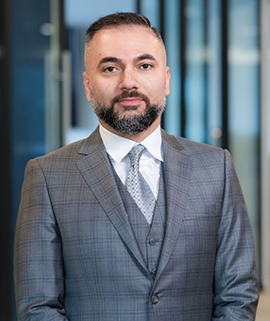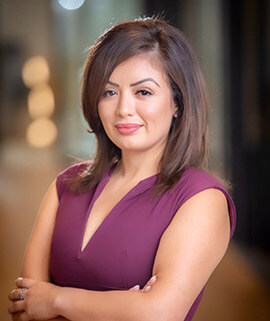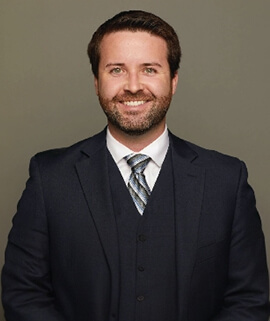Camera Crane Accident Injury Lawsuit | Who Is Liable for Accidents
 In certain large functions, event coordinators can employ a camera crane to document the event. Usually, these cranes are operated by highly trained employees, however in some cases accidents do occur. When the camera operator fails to properly adjust or monitor his actions, serious injuries can occur. In other instances i.e. weddings crane operators may become intoxicated during the event. As a result they can cause injury to potential guests.
In certain large functions, event coordinators can employ a camera crane to document the event. Usually, these cranes are operated by highly trained employees, however in some cases accidents do occur. When the camera operator fails to properly adjust or monitor his actions, serious injuries can occur. In other instances i.e. weddings crane operators may become intoxicated during the event. As a result they can cause injury to potential guests.
Who is Liable for My Injuries?
After a wedding crane accident the injured party may be uncertain as to who has the financial burden or responsibility of paying for damages. Mistakenly many believe that the bride and groom have this duty, however this is not true. In fact the bride and groom are NOT liable for the injuries sustained as a result of the negligent crane operation by the camera man. This group of contractors is considered sub or independent contractors. As such their employer i.e. bride and groom will not be responsible for the injuries caused by negligent operation of equipment. In most cases the crane operator is independently insured through his company. This will allow recovery for all injuries sustained as a result of the accident. Insurance providers for these crane operators will allow for you to recover injuries sustained as a result of the operators negligence. If you were injured it is likely the result of the crane operators negligence. Often times the operator may not be properly trained or the equipment they are using is defective or improperly calibrated. In such cases either the product manufacturer and or the videographer will be liable. Keep in mind that most of this equipment insured. Therefore, any injury you sustain will be covered by the insurance carrier that provides coverage for the crane operator.Common Injuries Due to Camera Crane Accidents
Not all injuries are serious. However, if the crane was traveling at a fast rate of speed or was suspended at a high position, it can inflict significant cranial damage. Common injuries which we have seen include the following:- Traumatic brain injuries
- Dental damage
- Ocular or eye injuries
- Nerve damage
- Traumatic hand injuries
- Spinal injuries
- Neck injuries
- Concussions
- Mild traumatic brain injuries
- Loss of sensation
- Numbness in the mouth
- Blurred vision
- Serious non-stop headaches
- Panic attacks or anxiety attacks
- Auditory damage
What to Do If I Was Injured – Filing a Lawsuit for Your Injuries
Here are three things you should always do if you are injured. This is critical to your case.- Get medical attention and care for your case. Always make this your priority. Make sure you are properly evaluated.
- NEVER make any statements to the insurance company regarding the incident. Why? Because insurance companies will use that information to deny liability against your claim.
- Speak with a personal injury lawyer at Downtown L.A. Law regarding your case and injuries. All of our consultations are absolutely confidential and you will never be charged to speak with an attorney. Contact us today with any questions you may have.
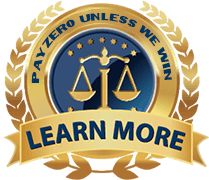
By submitting this form, you agree to receive telephone calls and text messages at anytime, which include hours outside of business hours (8:00 am PST – 9:00 pm PST). This is so that we may reach you as soon as possible in order to consult on your potential case.

